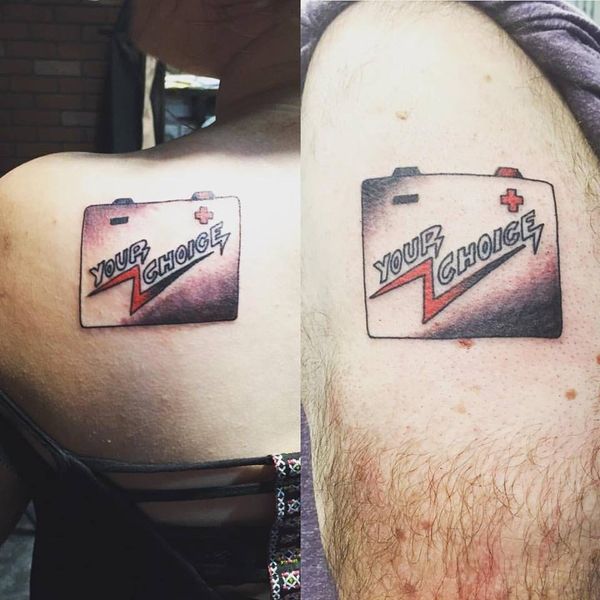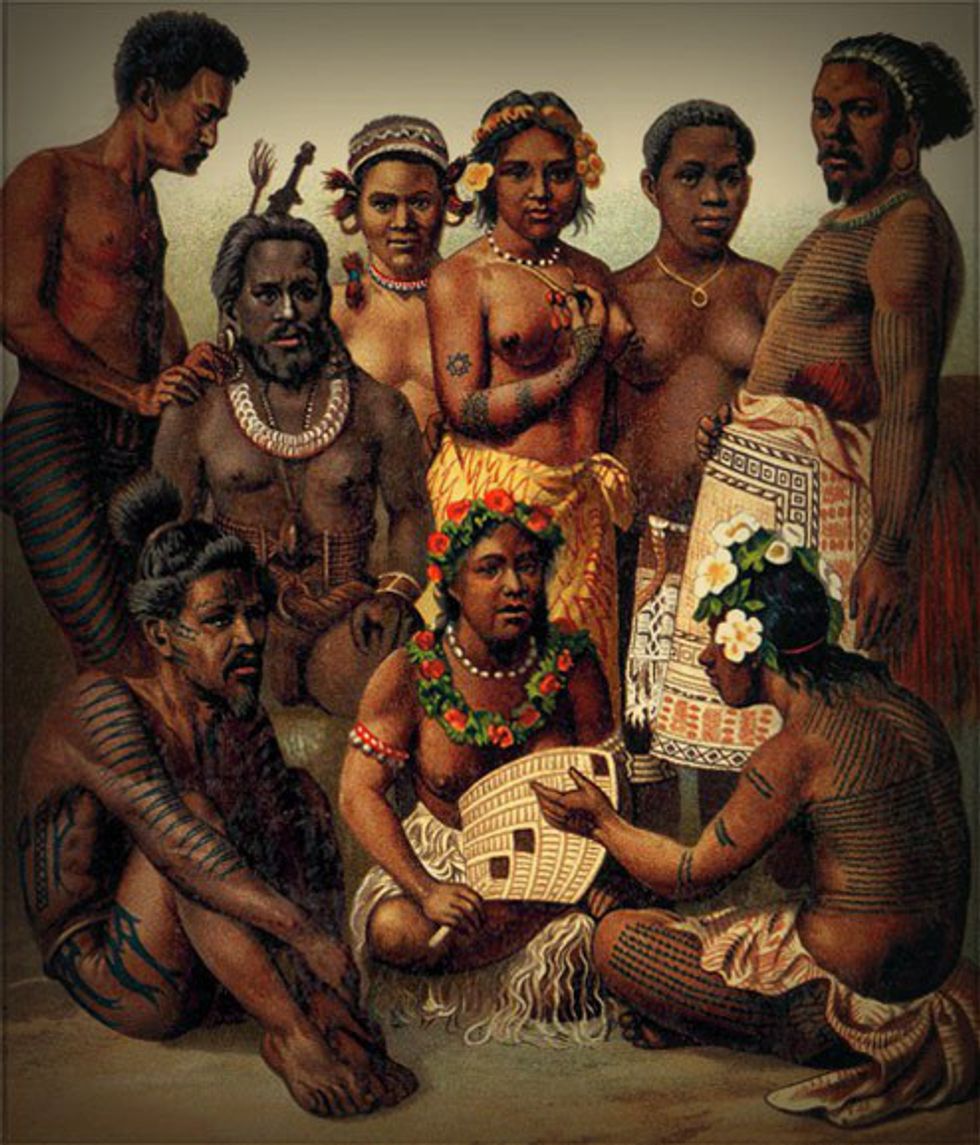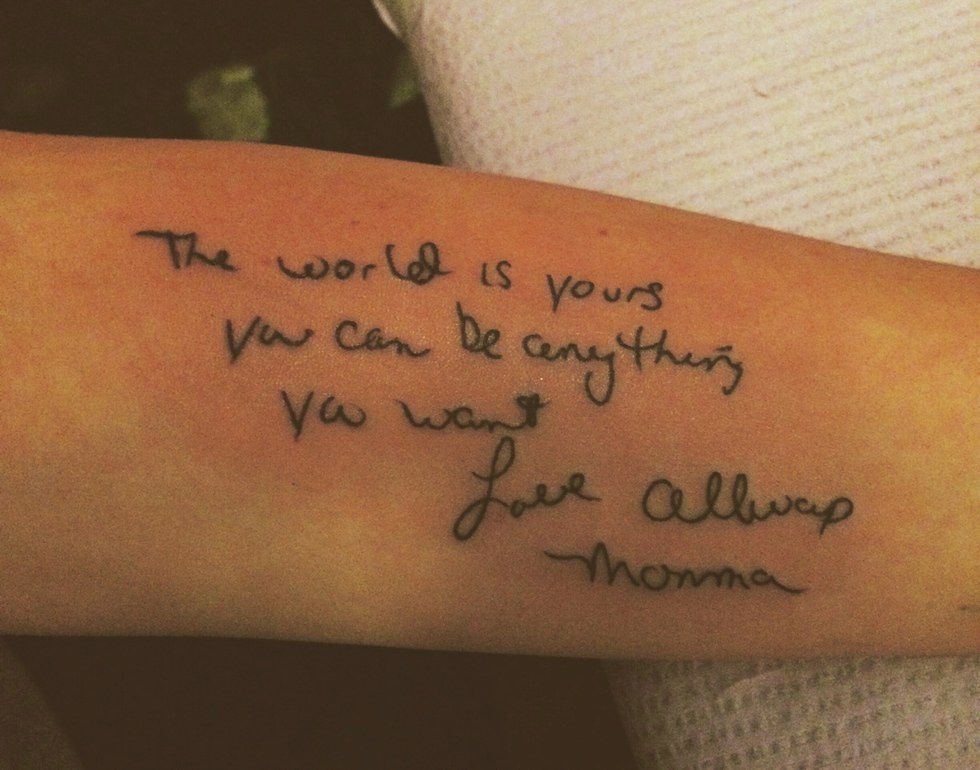In the United States, it is illegal for an individual to get a tattoo without parental permission until they are 18 years old. Thus, naturally, it becomes a consideration or at least a matter of conversation at that age.
When I turned 18, I asked everyone about it. I spoke to bartenders, people on park benches, grocery store cashiers, friends, musicians, my hairdresser--anyone who had any opinion on the matter. Some regretted the long, intricately designed "sleeves" that wove up their arms. Some scorned the idea altogether. Others treasured the tiny marks they had permanently printed on their skin.
One commonality I noticed was most people brought up the history of body art, prompting me to do some research on where the idea of tattoos actually began.
According to the Smithsonian, the first tattoos appeared around 5,200 years ago and were highly popular among the ancient Egyptians and Indonesians, supposedly to alleviate joint pain or as a spiritual ritual. Needless to say, body art is historically an element of cultural identity in all parts of the world.
The reality of tattoos contemporarily is highly contested, and a wide range of opinions surround these permanent body modifications. In my considerations, I was met with as many encouragements as I was warnings. For one, there is always the fear of employment. I was told, "you're going to be stuck with that on your body forever." I slowly realized that was the most beautiful thing about tattoos. You truly have to make a decision about meaning, about something that is important enough to your identity that you can let it be a part of you forever. Those who regretted their decision were the same ones who admitted they had not taken this seriously enough.
A good friend just got her third tattoo recently, with perhaps the most poignant example of such eternal meaning as I have ever seen. She took an immense tragedy and turned it into a part of herself. Tattoo artists - who are truly artists of an extraordinary medium - replicated her mother's handwriting. I cannot begin to understand what this means to her; I imagine, however, it is a comfort and a resolution to have your mother's words beside you forever.
Tattoos describe where you come from, what you love, who you are. They have the power to be reminders and inspiration and, above all, a part of you. This should never cease to be a monumental decision, but it's a beautiful thing, when you're 100 and wrinkled, to have loved something on your body for that long.






















